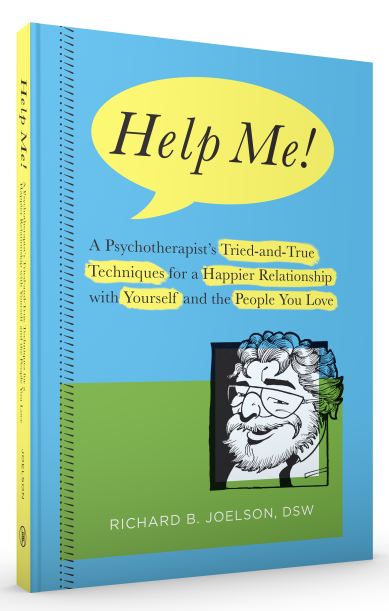Learning to talk to our doctors…
I have always been curious about an experience often reported by people describing their visits to medical professionals.

Photo by ESB Professional / Shutterstock
Understandably, for some, visits to the doctor are anxiety-inducing experiences, especially when there is a need to discuss significant discomfort or an already-diagnosed chronic illness. Many would agree that their very presence in the doctor’s office for a medical examination causes some degree of regression and general unease. “White coat syndrome,” often resulting in elevated blood pressure readings, is a common experience and something taken for granted by both doctor and patient.
Many people express displeasure with the brevity of their medical appointments and the resulting limited opportunity to discuss their complaints with their physician. These complaints, frequently, may be more about their emotional issues than their medical condition. For many patients, their doctor is the only one with whom they share personal information of any kind and they may rely on their doctor’s response to help them determine the seriousness of their medical or physical complaints.
Although many physicians naturally listen to their patients with empathy, new studies suggest that too often they are abrupt, apparently uninterested in patients’ distress, and prone to controlling the medical interview. All too often, they never find out about serious medical concerns on the minds of their patients. Like any good conversationalist, some of the new research suggests that doctors would do well to listen more and talk less. Dr. Richard Frankel, a sociolinguist at the University of Rochester Medical School, said:
The problem is that physicians too readily assume that the patient’s first complaint is the most important. But we find that there’s no relationship between the order in which patients bring up their concerns, and their medical significance. For most patients we’ve studied, when their physician gives them the chance to say everything on their mind, their third complaint on average is the most troubling.”
Dr. Frankel went on to say that the interviewing habits of many doctors do not allow most patients to get that far.
The research findings suggest that when patients control more of the doctor-patient conversation, being insistent enough to bring up everything on their mind, they often have better medical outcomes. Several years ago, researchers at Tufts University found that a twenty-minute “coaching session” for patients while they waited for their physicians had positive health effects. Those with hypertension and ulcers, as well as a group with diabetes, fared better than the noncoached patients. In the coaching sessions, patients were helped to determine their agendas and offered techniques for overcoming embarrassment, anxiety, or timidity in talking with the doctor. Research findings revealed that the coached patients were much more effective in both giving and getting information in their communication with their doctor. Coached patients with hypertension had systolic blood pressure readings 15 percent below their earlier readings, while those with diabetes had 12 percent lower blood glucose readings. These findings suggest that the more assertive the patient is, the more likely he or she is to feel heard and understood, fare better medically, and come away with a better understanding of the information given by the doctor.
This post was originally published on February 9, 2011 and revised on December 20, 2017.
